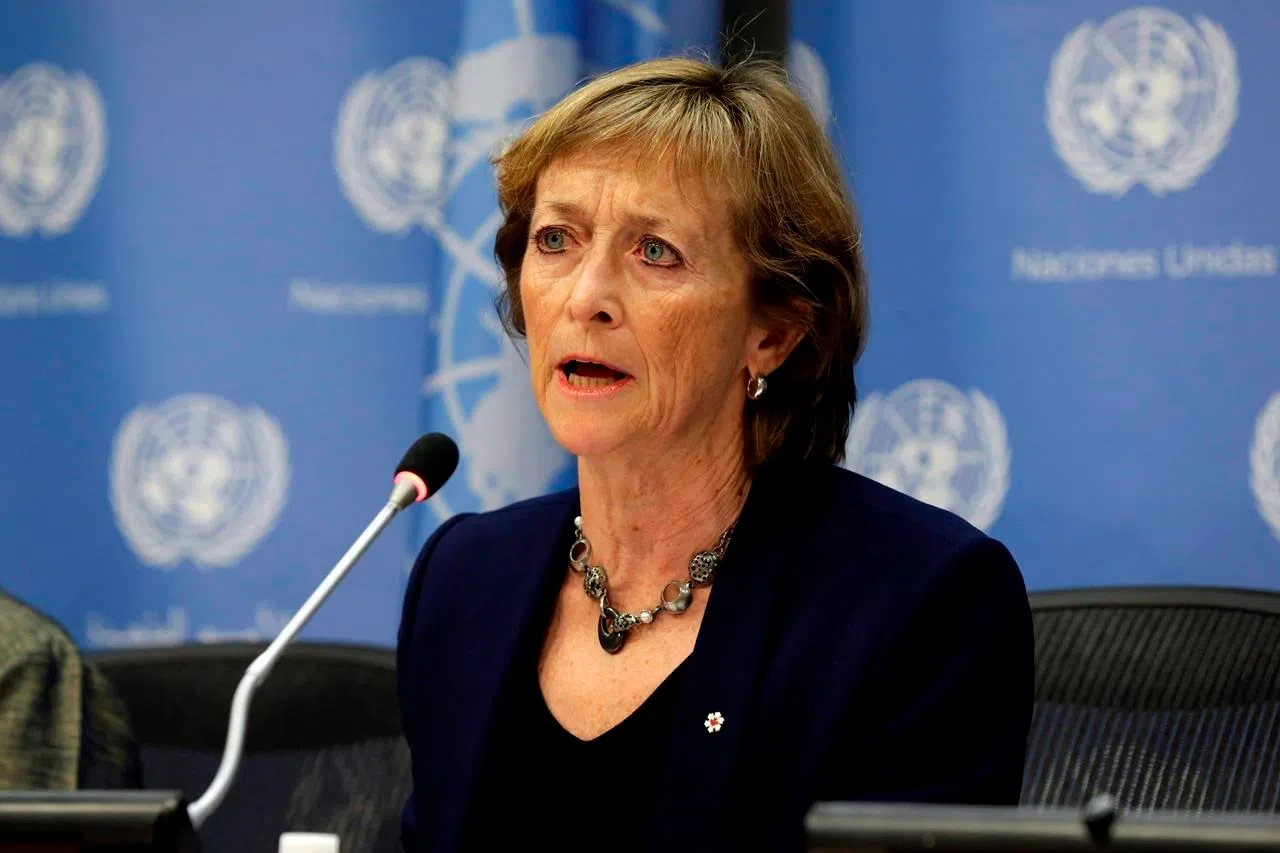
Ex-judge who advised Forces on sex assaults says reforms slow
OTTAWA — The Canadian military has been slow to change its highly sexualized culture, says former Supreme Court judge Marie Deschamps, who wrote a major report on the problem four years ago.
Testifying to the House of Commons defence committee, she said victims of sexual aggression in the ranks aren’t served well by the military’s complaints process.
Deschamps’s review, which concluded in March 2015, found an underlying culture “hostile to women and LGTBQ members and conducive to more serious incidents of sexual harassment and assault.”
Following its release, defence chief Gen. Jonathan Vance launched a wide-ranging effort known as Operation Honour to eliminate abuse, harassment and assault in the Forces.


